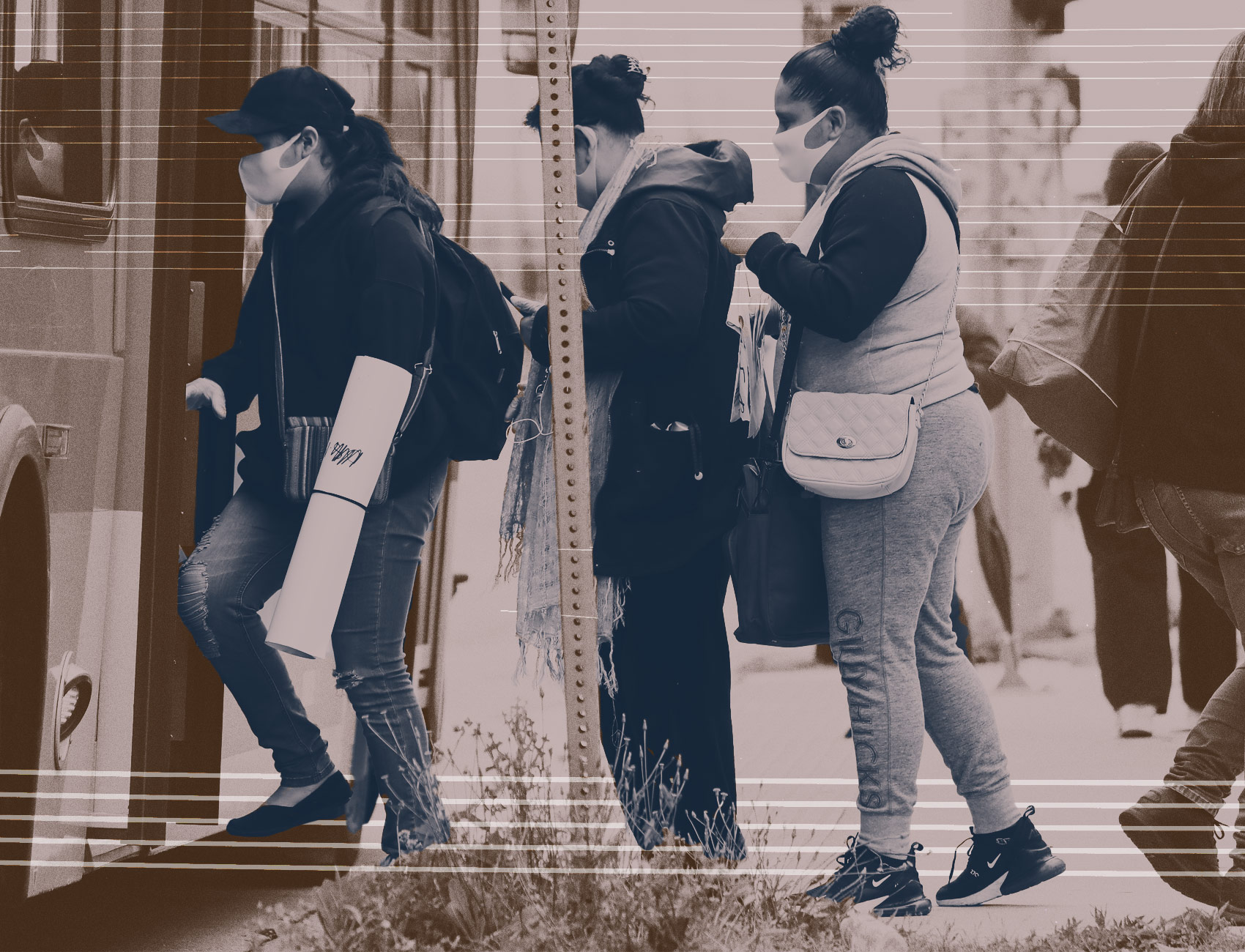
More in Employment
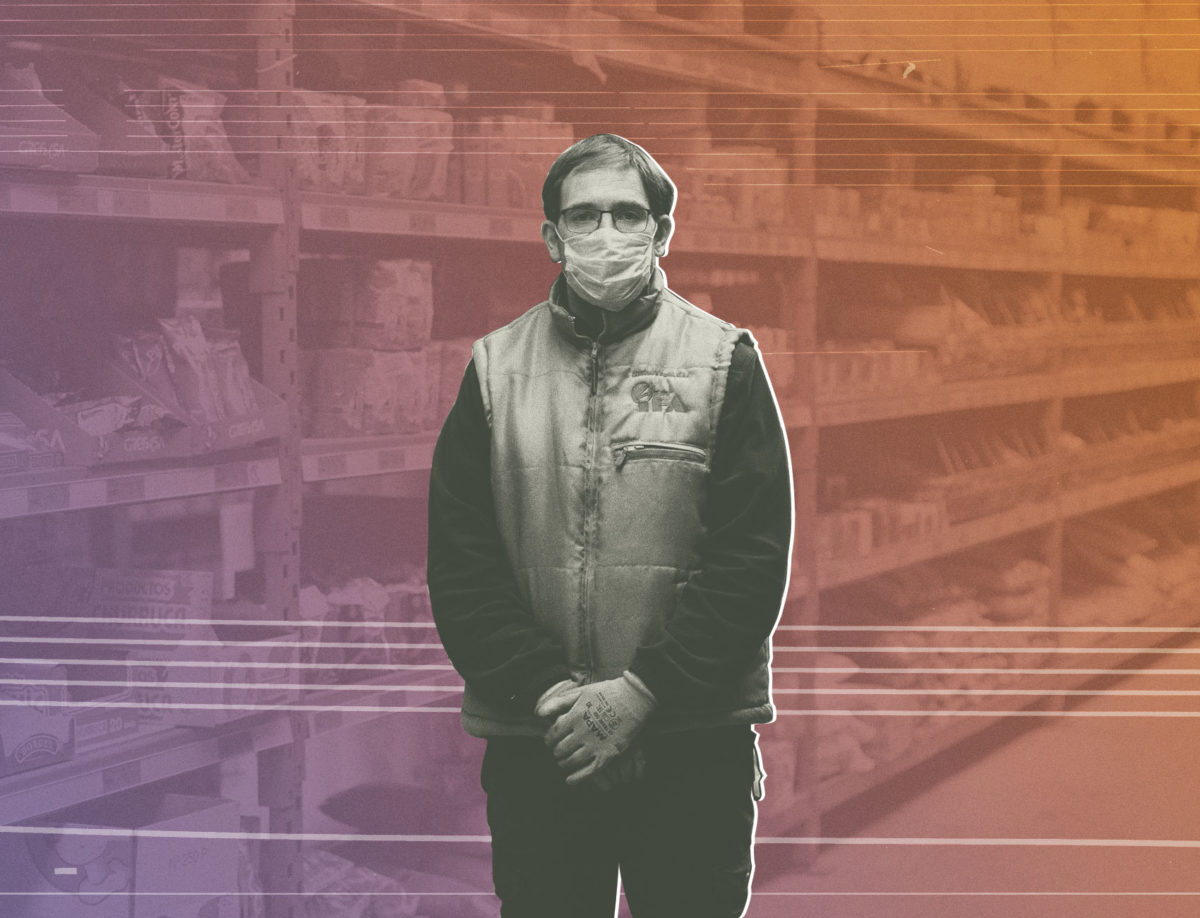
We Need An Essential Workers Bill Of Rights To Make Sure Working People Have The Protections They Need
From grocery store workers to nurses, from home care workers to janitors, from teachers to delivery workers to domestic workers — there is an invisible, undervalued army of people who make our lives possible. Their work is essential, and it always has been.
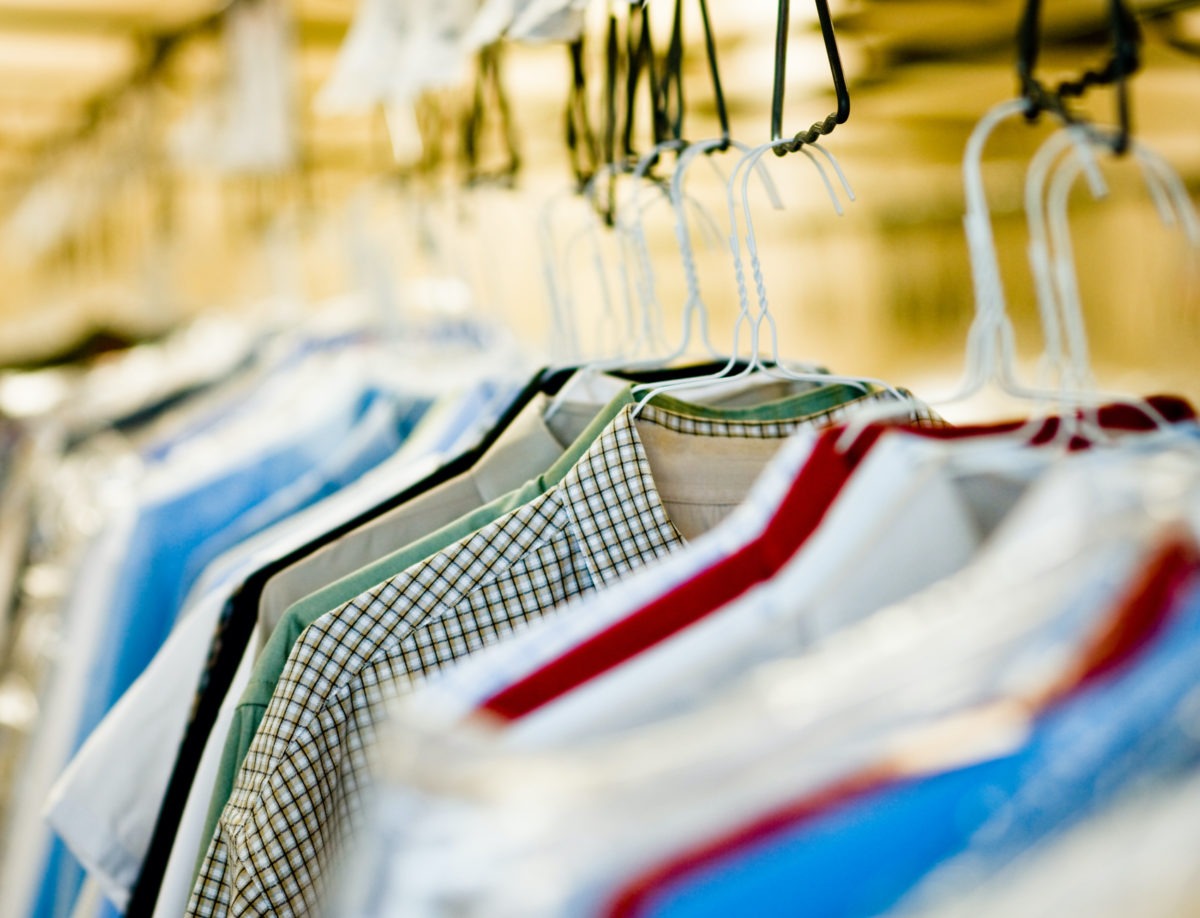
New York City Laundry Workers Struggle in the Face of COVID-19
Workers report facing a difficult choice between earning a living and feeling safe and healthy at their job.
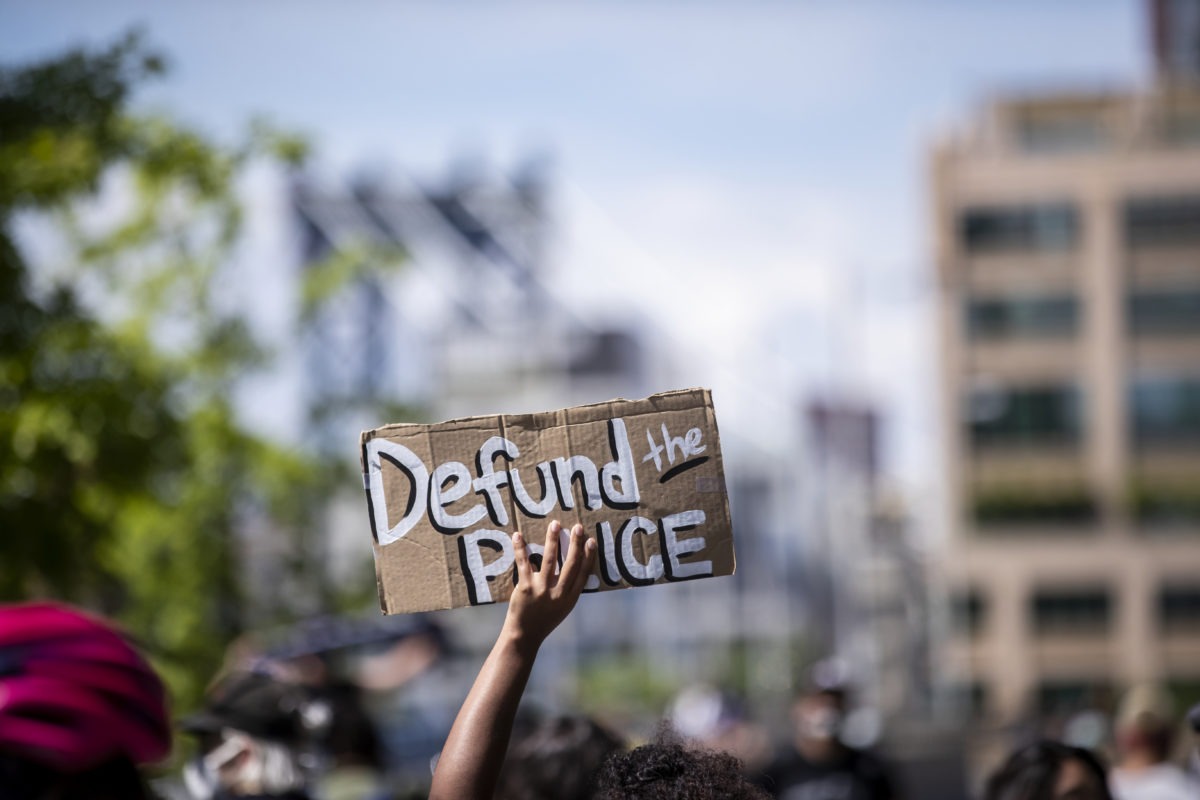
Defund The Police. Our Lives Depend On It.
Safe and healthy communities start with less police and more investment in community services that work.
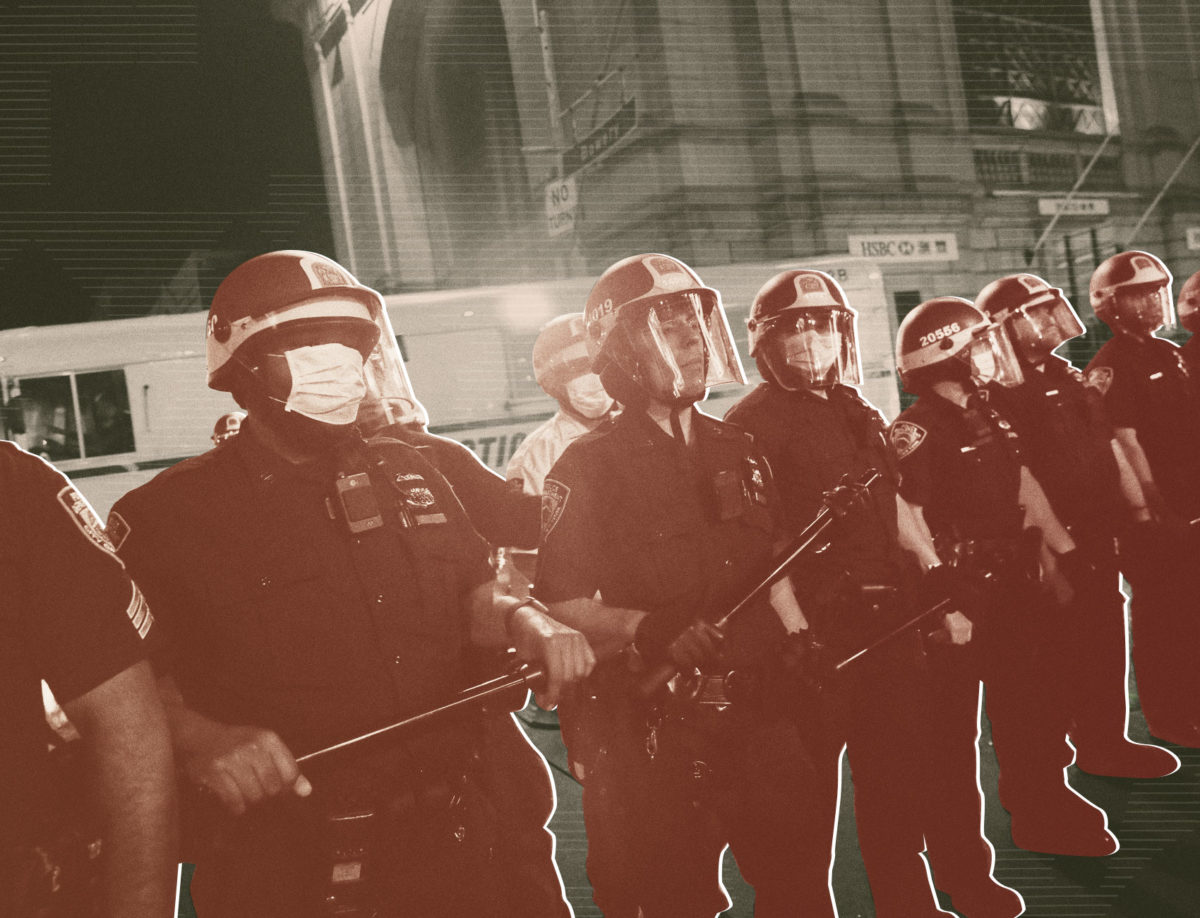
American Democracy Cannot Breathe
Yes, we must radically transform policing in America. But we cannot stop there. We must transform the pervasive systems of economic and carceral injustice that are choking our common life.
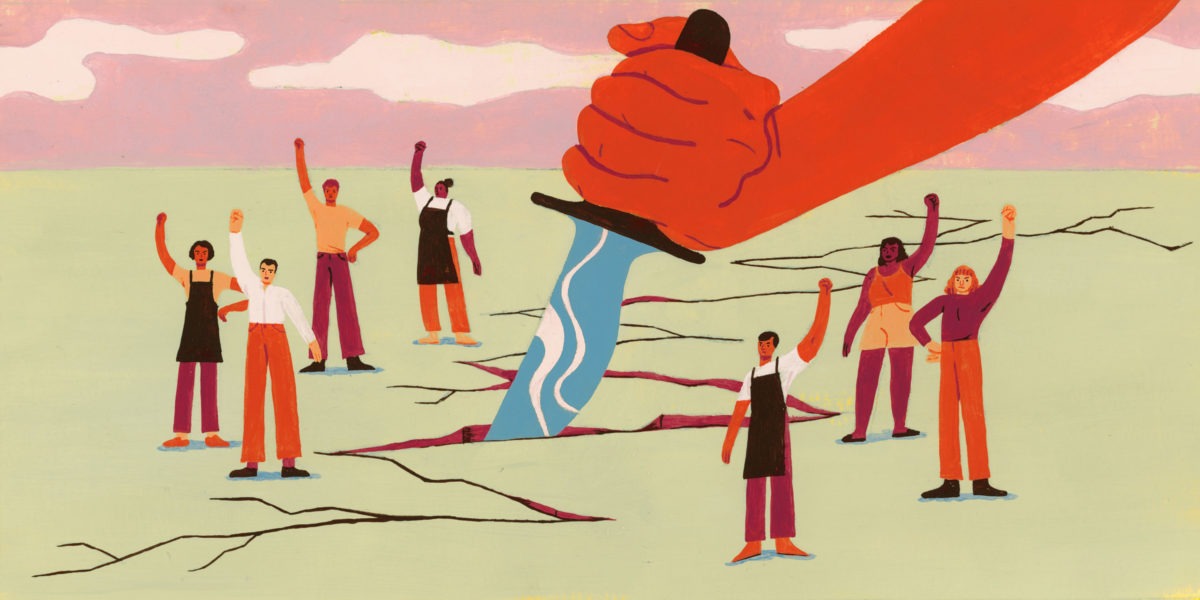
A Vegan Meat Company Purged Its Pro-Labor Employees. Workers Say An Anti-Union Drive Prompted the Firings.
No Evil Foods created products like El Zapatista and Comrade Cluck, but workers say its conduct doesn’t live up to its leftist branding.
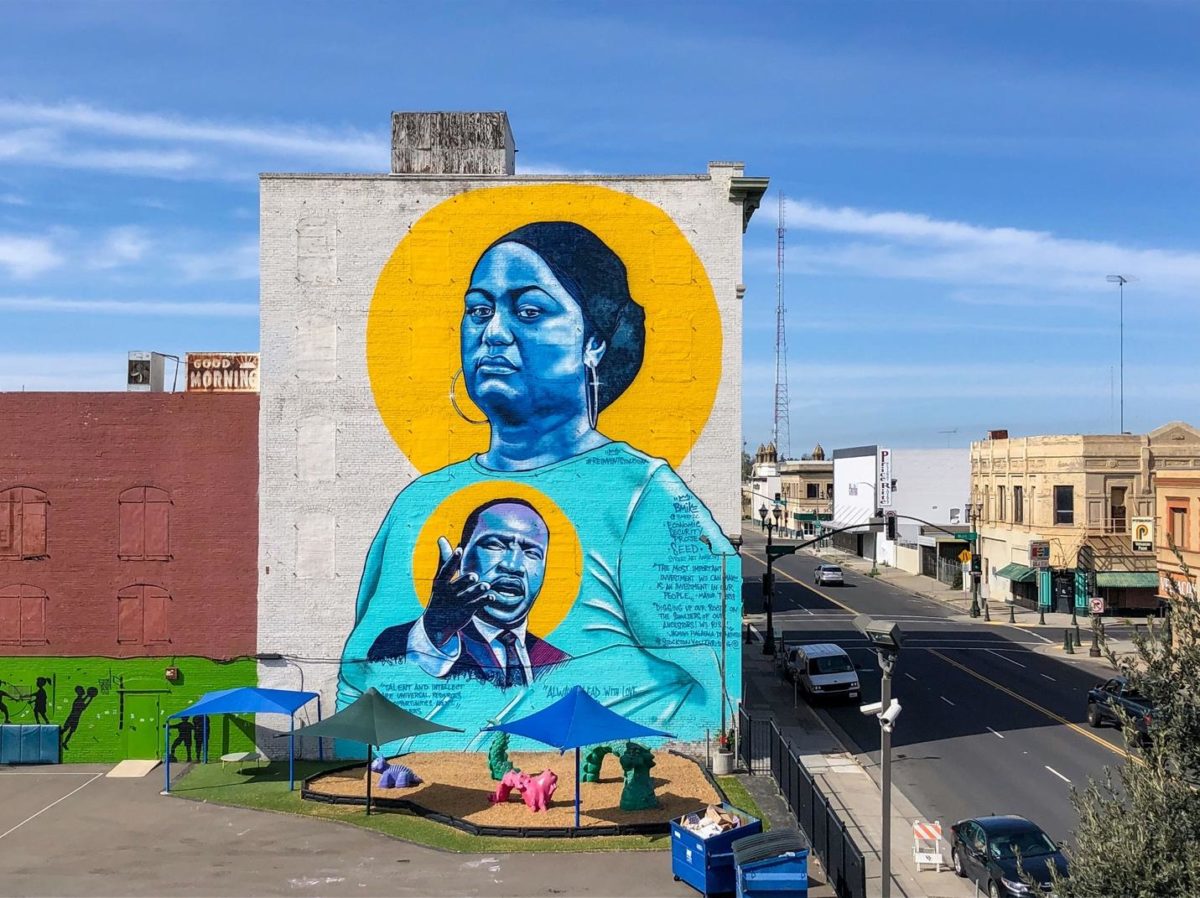
Universal Basic Income Is A Path To A More Just Economy. One California City Is Already Seeing Positive Results.
The pandemic is making it clear that it’s time to radically rethink the social contract.
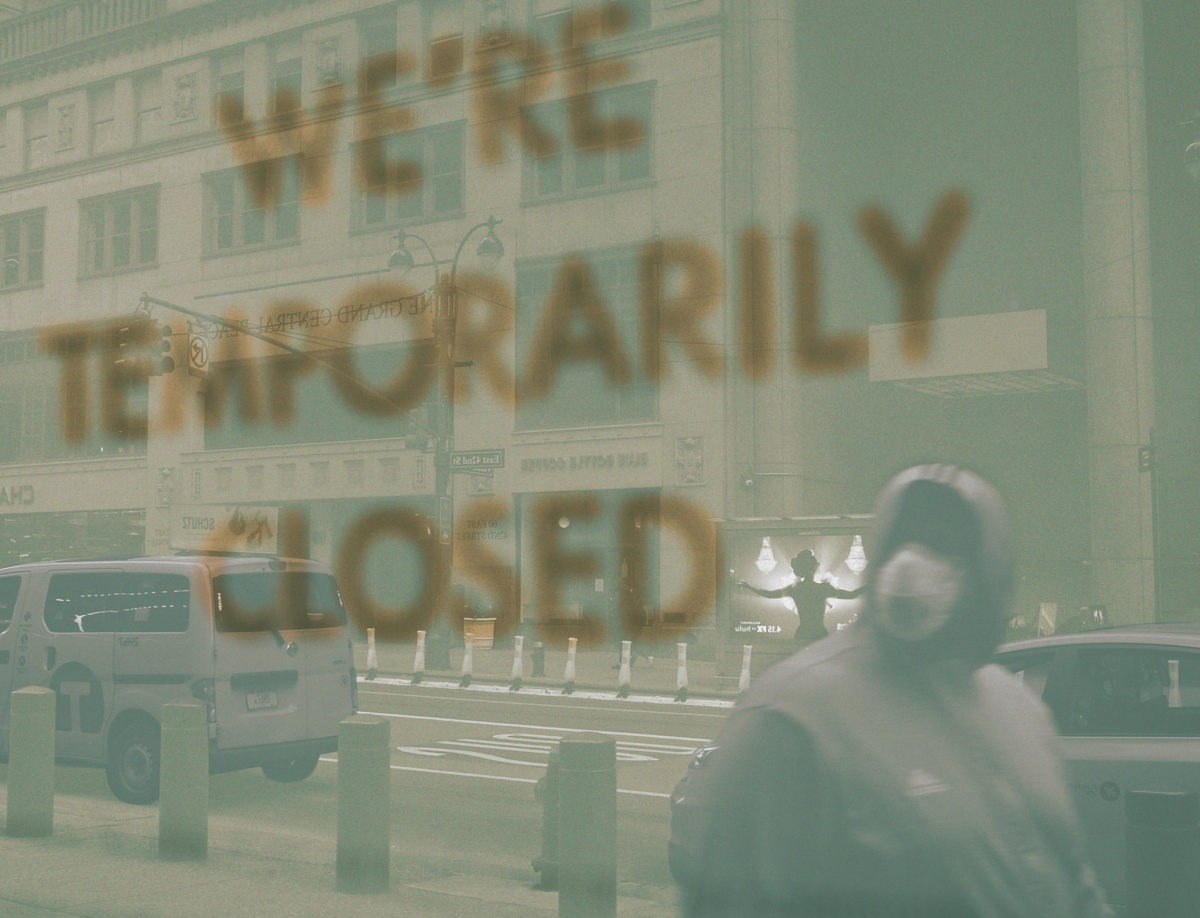
Governors Who Are Banding Together on Pandemic Response Should Adopt Universal Basic Income
The federal government is not going to lead the way on addressing the economic pain caused by the shutdowns. But states have the power to do something about it now.
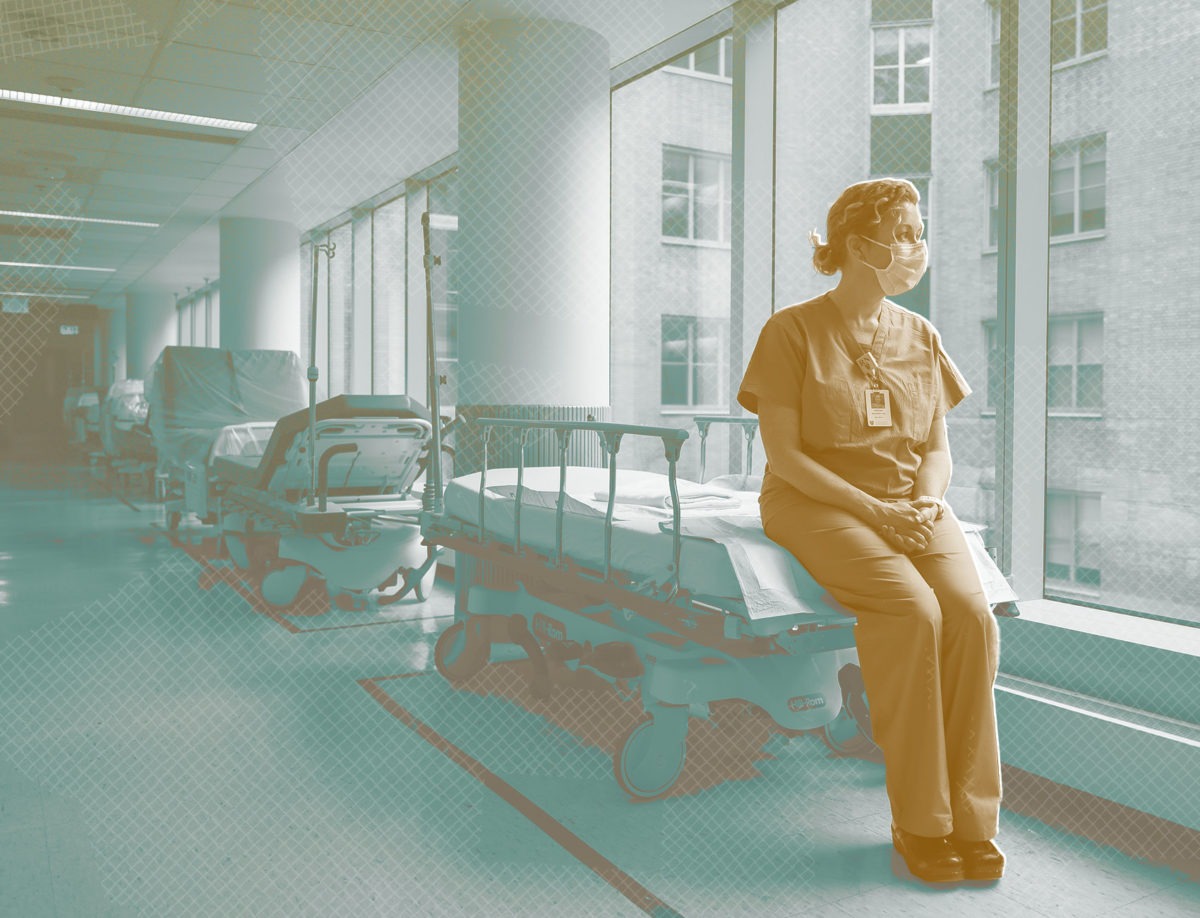
The Case For Universal Healthcare During A Pandemic
An overwhelming majority of Americans support the federal government paying all healthcare costs for the duration of the coronavirus emergency.
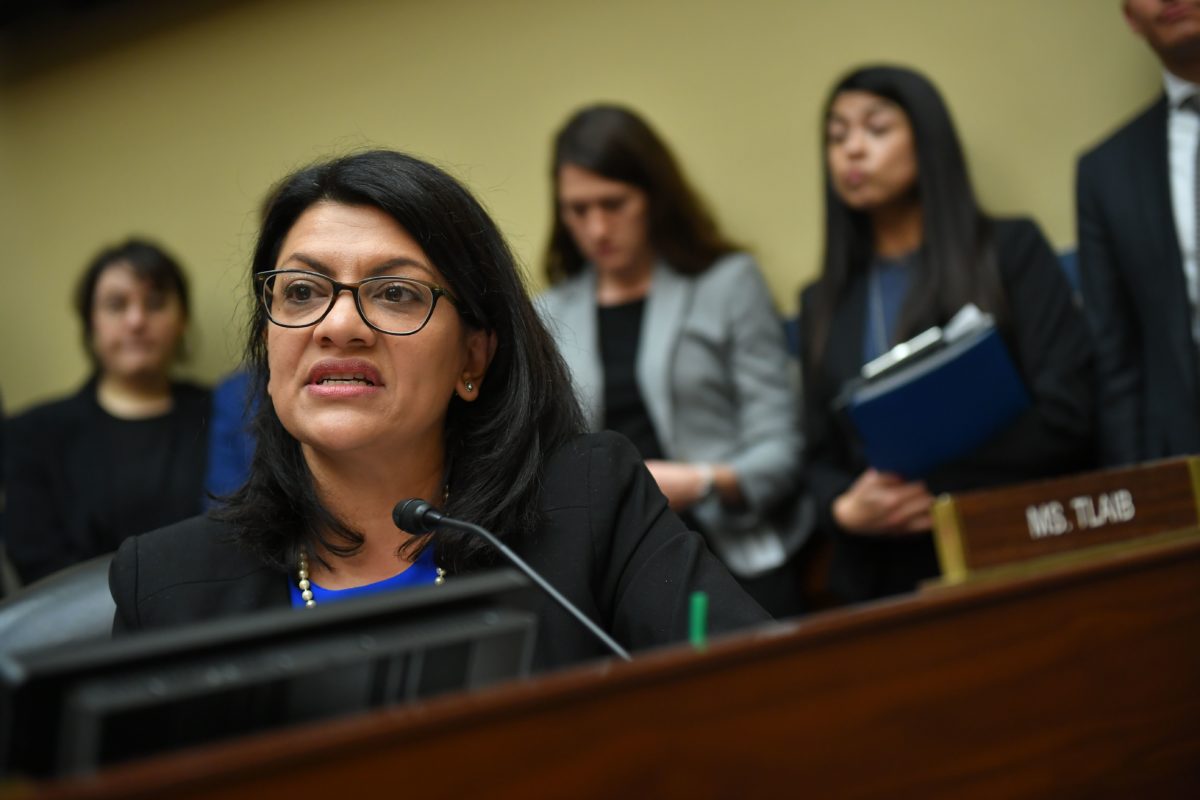
Rep. Rashida Tlaib: The Case For An Emergency Responder Corps
As the coronavirus crisis continues to expand, it is clear that America needs a robust assistance program for the most vulnerable, such as the elderly and physically disabled, to ensure they have what they need to survive. The health, safety, and stability of all communities depend on it.

Voters Want Guaranteed Paychecks Through The Pandemic
Voters want the government to take common sense measures that meet the scale of the crisis and preserve the economy so that when the coronavirus is contained, economic life can resume as rapidly as possible. It’s time for lawmakers in Washington, D.C. to listen.
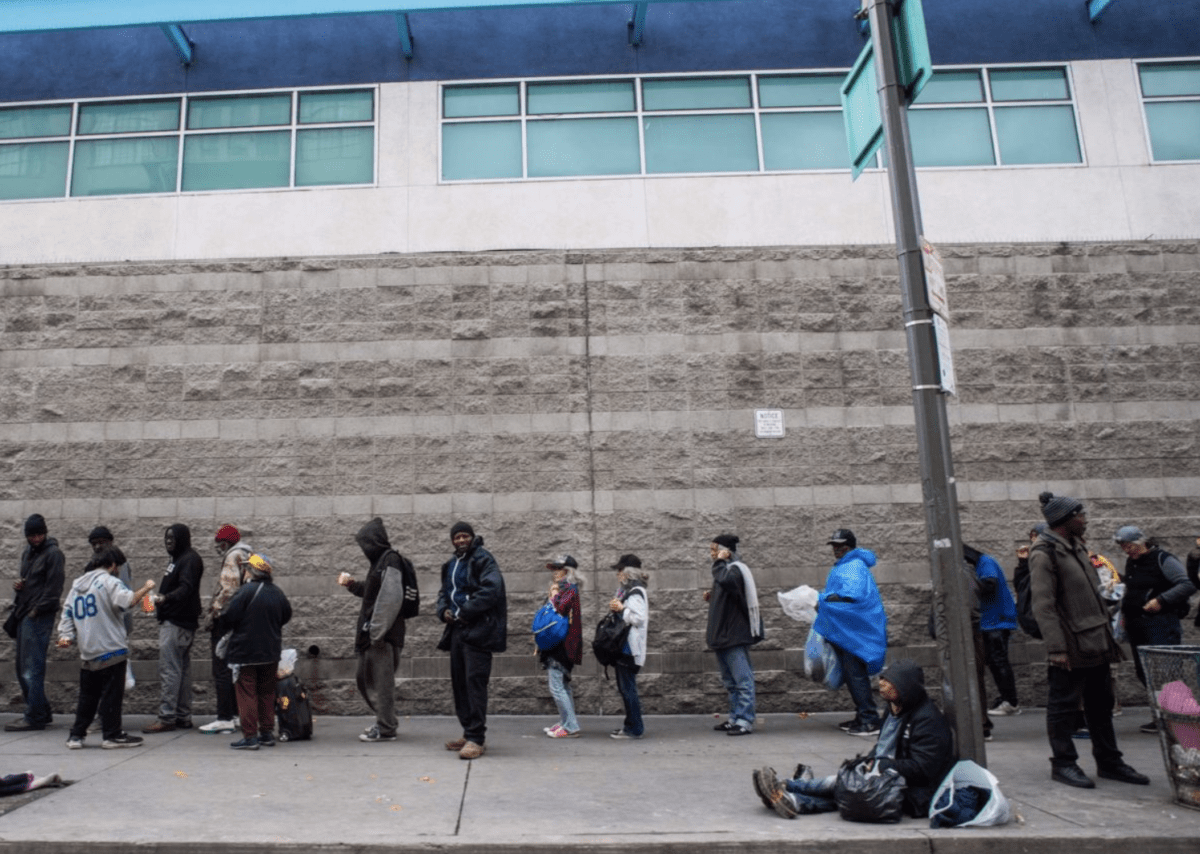
Majority Of Americans Support Monthly Cash Assistance To Offset Pandemic Damage To Economy
New polling finds strong bipartisan support for recurring government payments to Americans, rather than a one-time payment.

Grocery Store Workers Are Risking Their Lives For Little Pay
They make roughly half the average national income, and they’re at risk of COVID-19 exposure as they continue to work to ensure shelves are restocked and communities fed.
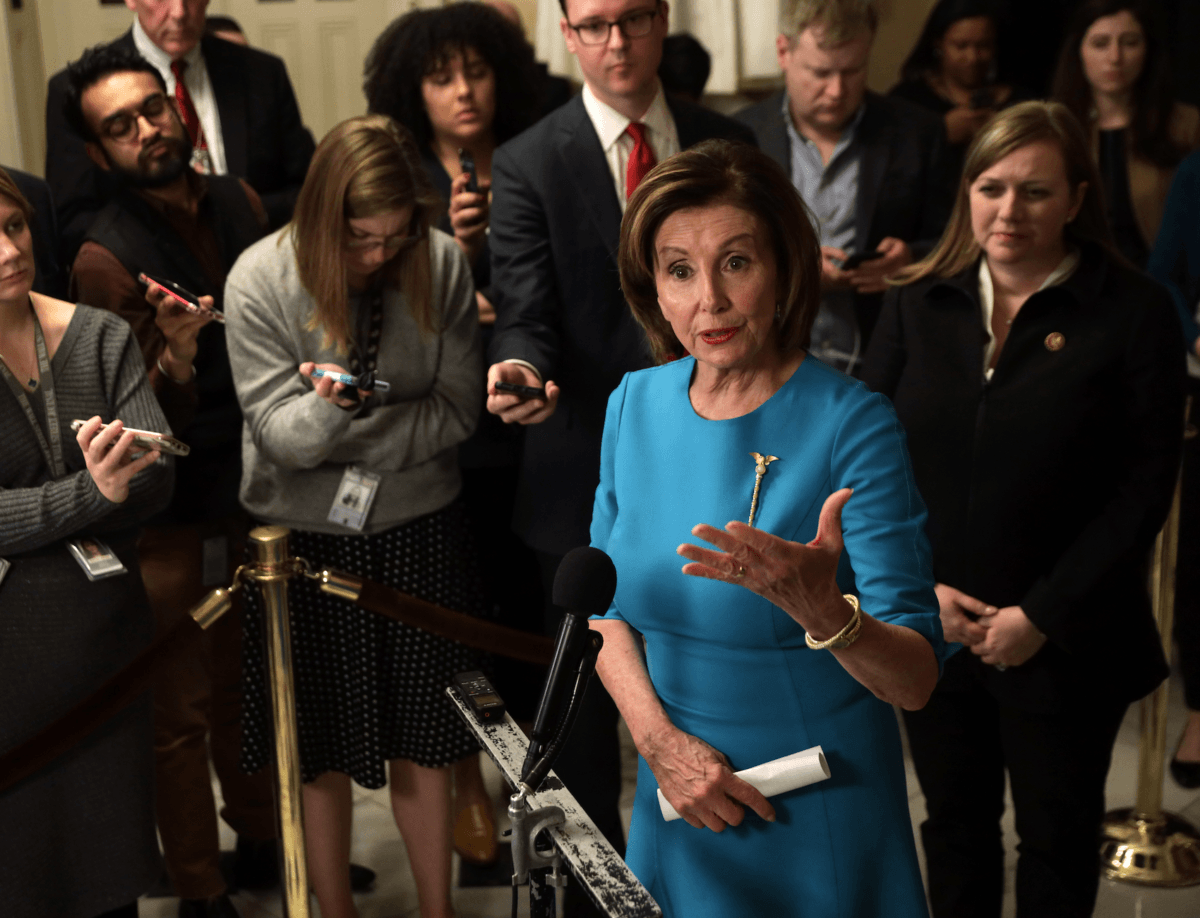
The Coronavirus Crisis Means We Need Cash Assistance for All
But the proposals on the table are leaving our most vulnerable neighbors behind.
